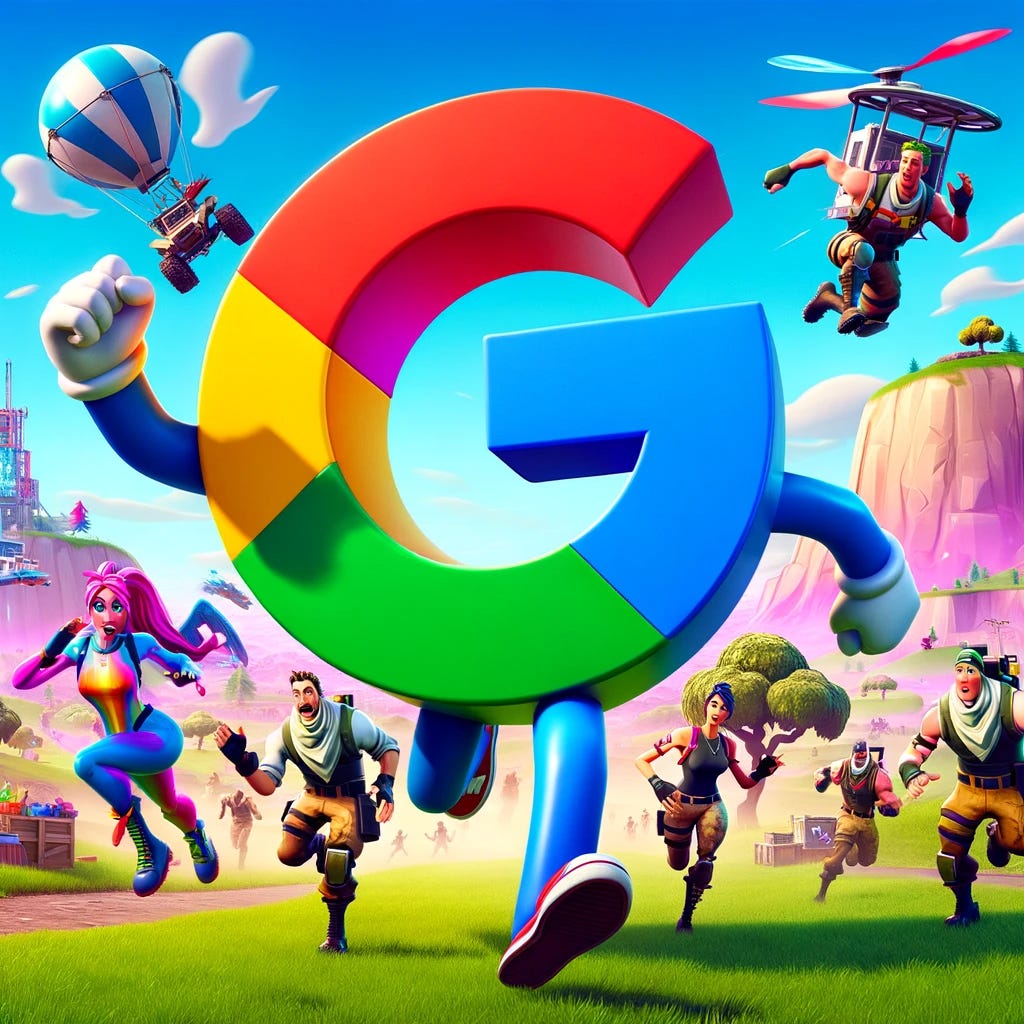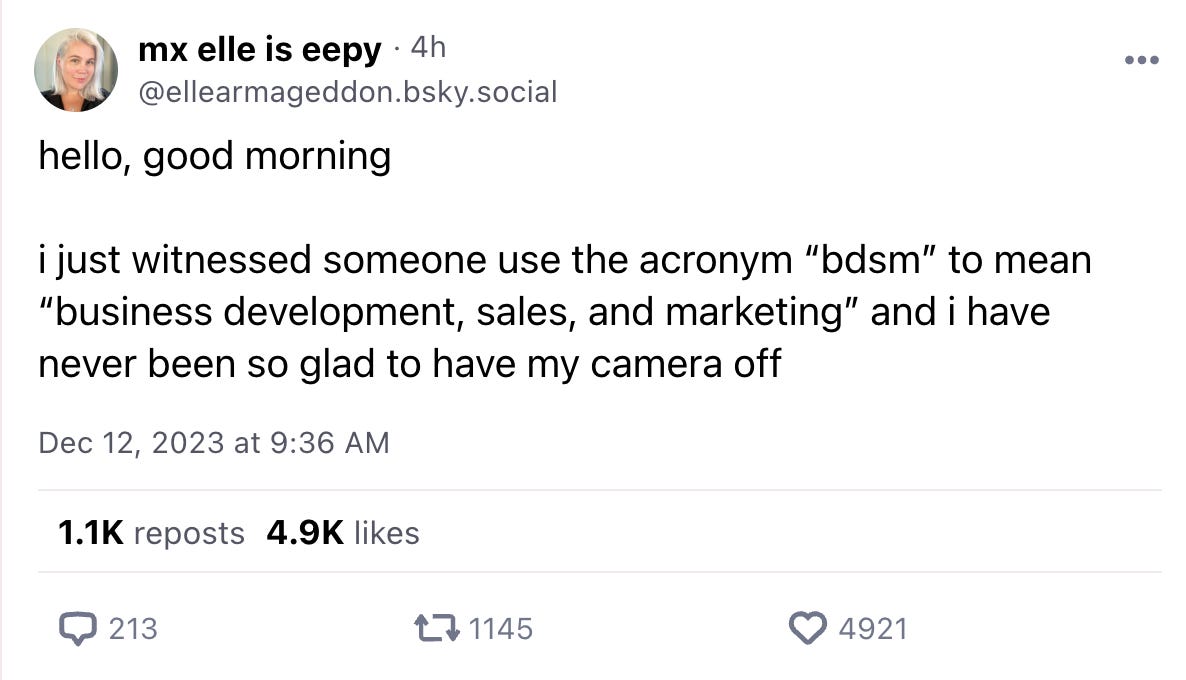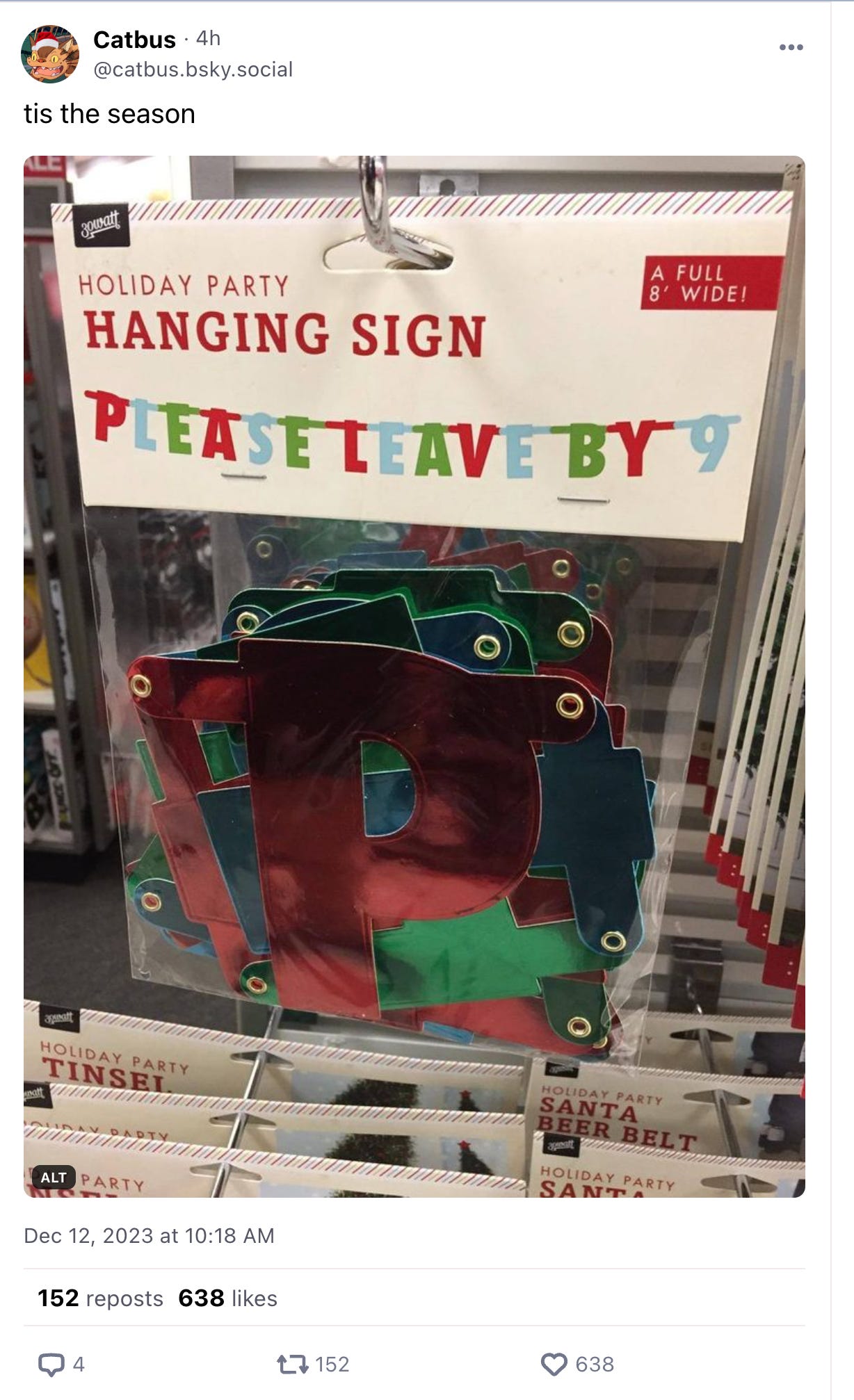Platformer - An Epic win jolts Google
Here’s your free column this week — some news about Google’s next-generation AI model, Gemini, and a conversation about what it means with CEO Sundar Pichai and Google DeepMind co-founder and CEO Demis Hassabis. Sometimes you ask us how you can support Platformer without buying a subscription. Today we have an amazing answer for you: you can pre-order Zoë’s rollicking new book about Twitter! We think you’re going to love it. Just click here. You can also engage with this week’s ad. Of course, your paid support of this newsletter helps, too. Upgrade your subscription today and we’ll email you first with all our scoops — like our recent interview with an AI executive who quit his job to support creators’ rights. ➡️
An Epic win jolts GoogleThe company's app store monopoly has been ruled illegal, and the ramifications will extend well beyond FortniteToday let’s talk about a high-stakes ruling against Google in a closely watched antitrust case, and consider what it might mean both for the companies involved and the larger digital economy. Late Monday, the jury deliberating in Epic Games’ lawsuit against Google ruled in favor of the Fortnite developer. It found that Google harmed Epic by creating a monopoly in in-app billing and app distribution within the Android ecosystem, illegally tying the app store and its billing system together. A series of revenue-sharing deals with developers and device manufacturers were also found to harm competition. Epic’s lawsuit was filed in 2020. Around the same time, the company sued Apple on similar grounds, claiming Apple’s app store monopoly and ban on third-party billing systems was anticompetitive and illegal. But Epic (mostly) lost that case, which was decided by a judge. As this new trial unfolded, Sean Hollister wrote at The Verge, “Epic v. Google turned out to be a very different case.” He continues:
Last week Hollister wrote a recap of the trial that, in addition to exploring the many facets of each company’s arguments, serves as a highly entertaining account of Google’s app-store related chicanery over the years: sweetheart deals to favored developers like Spotify and Netflix; successful efforts to prevent third-party app stores from launching; and the lies it told about its app store not being designed as a profit center. (The Play Store’s profit margin in 2021 was estimated during the trial to be 71 percent.) And Epic managed to prove all that despite operating in an environment where — oops! — much of the relevant evidence was destroyed by Google, thanks to executives’ use of a default setting in Google Chat that deleted their messages automatically after 24 hours. (The judge in the case, James Donato, called this “the most serious and disturbing evidence I have ever seen in my decade on the bench with respect to a party intentionally suppressing relevant evidence,” not to mention “a frontal assault on the fair administration of justice.” He has promised to investigate.) At Stratechery, Ben Thompson hones in on the finding that Google illegally tied its billing system to the Play Store, and suggests that this is why it mattered the case was decided by a jury rather than a judge. The jury may have been less likely to consider that Google had a justifiable business reason for tying the two together, he writes — namely, that it’s the best and most efficient way for Google to collect its compensation for building Android. Perhaps, then, this is an argument that Google will use when it appeals — which the company plans to do, a spokesperson told me. “The trial made clear that we compete fiercely with Apple and its App Store, as well as app stores on Android devices and gaming consoles,” said Wilson White, vice president of government affairs and public policy, in a statement shared with Platformer. “We will continue to defend the Android business model and remain deeply committed to our users, partners, and the broader Android ecosystem.” So what does this mean for the digital economy? Nothing, yet. In January, the parties will submit post-trial briefs and begin discussing potential remedies. Google’s will offer some idea of the grounds on which the company plans to appeal. One place you can expect the company to focus, according to a source familiar with the case: Epic’s exclusion of Apple as a competition. In antitrust cases, market definition is almost everything, and if Google can persuade an appeals court that it competes against Apple in app distribution, it might be able to get this verdict overturned. Assume it stands, though — what then? Epic is seeking more freedom for developers to incorporate their own internal app stores and billing systems into their apps while still making them available on the Play Store, while reducing Google’s cut of its revenues as much as possible. Google, on the other hand, will be seeking … not that. Even though Epic did not sue for monetary damages, such an arrangement would be hugely lucrative for the company. At one point in the trial, Epic CEO Tim Sweeney — who may have been exaggerating slightly for effect — suggested that the company might make “billions” more in revenue as a result of not having to give a percentage to Google. (As you might expect, Epic hailed the ruling in a blog post.) For Google, the consequences depend on which remedies the judge decides upon. Hollister reports that in the aftermath of Epic’s move to introduce its own billing system for Fortnite — the thing that got it kicked out of the Play Store and sparked the lawsuit — Google worried that up to 100 percent of top game developers were likely to follow suit. That would surely cut deep into the $12 billion in operating profit that Epic’s expert estimated the company earns from the Play Store. At the same time, the markets shrugged off the ruling almost entirely: Google’s stock price dropped less than a percentage point after it was announced. Perhaps that’s because investors assume that Epic will lose on appeal, or that whatever remedy is offered ultimately gives Google a pathway to continue capturing some significant percentage of the revenues now flowing through its app store. It’s worth remembering that pushing customers toward alternative app stores and billing systems is inconvenient, and the path of least resistance for developers will always be to use Google’s own systems, even if it costs them some significant portion of revenues. One good outcome could be for Google’s revenue share to come down enough that it enables more small- and medium-sized developers to thrive and grow their businesses. Google’s take rate has never really held back Epic in any meaningful way, but surely there are some businesses you just can’t build in a world where Google takes 30 cents of every dollar. And that’s just as true on iOS as it is on Android. Apple may have won its case in the United States, but third-party app stores and billing systems will become legal requirements in Europe next year. They’re already a requirement in South Korea. And more such regulations are undoubtedly coming. By now it’s clear that whatever the economic future of digital apps, Google and Apple will have to be dragged there, kicking and screaming. But it doesn’t have to be that way. “Google and Apple both treat developers as adversaries — they try to attack our revenue streams and prevent us from competing with their products,” Sweeney told Hollister in an interview today. “They’ve built these massive self-preferencing schemes all around excluding developers and disadvantaging third-party developers. I think this is very shortsighted. I think any tech company — Apple, Google included — would be much better off in the long term if they viewed developers as awesome partners and did everything they could to support them and empower them and not get in their way financially.” Talk about this edition with us in Discord: This link will get you in for the next week. Governing
Industry
Those good postsFor more good posts every day, follow Casey’s Instagram stories. (Link) (Link) (Link) Talk to usSend us tips, comments, questions, and alternative billing systems: casey@platformer.news and zoe@platformer.news. By design, the vast majority of Platformer readers never pay anything for the journalism it provides. But you made it all the way to the end of this week’s edition — maybe not for the first time. Want to support more journalism like what you read today? If so, click here: |
Older messages
Google unveils Gemini
Wednesday, December 6, 2023
CEO Sundar Pichai and DeepMind's Demis Hassabis talk to Platformer about the promise — and product roadmap — of their answer to GPT-4
Amazon’s Q has ‘severe hallucinations’ and leaks confidential data in public preview, employees warn
Saturday, December 2, 2023
Some hallucinations could 'potentially induce cardiac incidents in Legal,' according to internal documents
Ten strategies for replacing Twitter from people who used to work there
Friday, December 1, 2023
Announcing 'Extremely Hardcore,' Zoë Schiffer's book on Musk's Twitter takeover
The OpenAI saga isn’t over just yet
Tuesday, November 28, 2023
A new board and a promised investigation could threaten Altman's happy ending
OpenAI's alignment problem
Tuesday, November 21, 2023
The company's board failed the institution. But did it have a point?
You Might Also Like
🗞 What's New: How 5 vibe-coded games went viral w/out big audiences
Wednesday, March 12, 2025
Also: The definitive AI glossary ͏ ͏ ͏ ͏ ͏ ͏ ͏ ͏ ͏ ͏ ͏ ͏ ͏ ͏ ͏ ͏ ͏ ͏ ͏ ͏ ͏ ͏ ͏ ͏ ͏ ͏ ͏ ͏ ͏ ͏ ͏ ͏ ͏ ͏ ͏ ͏ ͏ ͏ ͏ ͏ ͏ ͏ ͏ ͏ ͏ ͏ ͏ ͏ ͏ ͏ ͏ ͏ ͏ ͏ ͏ ͏ ͏ ͏ ͏ ͏ ͏ ͏ ͏ ͏ ͏ ͏ ͏ ͏ ͏ ͏ ͏ ͏ ͏ ͏ ͏ ͏ ͏ ͏ ͏ ͏ ͏ ͏ ͏ ͏
⏳ 72 hours left! Don’t miss the biggest ecommerce sourcing event of the year
Tuesday, March 11, 2025
This is your last chance to join 9+ sourcing experts LIVE (for FREE!) Hey Friend , Time is running out! ⏳ In just 72 hours, the Ecommerce Product Sourcing & Manufacturing Summit goes live—and if
Positioning Startups in the Age of AI
Tuesday, March 11, 2025
Tomasz Tunguz Venture Capitalist If you were forwarded this newsletter, and you'd like to receive it in the future, subscribe here. Positioning Startups in the Age of AI How do you position and
AI strategies for industrials
Tuesday, March 11, 2025
where major players are making moves, and what it means for the future of the space Hi there, AI is top of mind for executives in the industrial sector – and for good reason. The biggest names in
[CEI] Chrome Extension Ideas #181
Tuesday, March 11, 2025
ideas for Twitter/X, YouTube, Email, and Notion ͏ ͏ ͏ ͏ ͏ ͏ ͏ ͏ ͏ ͏ ͏ ͏ ͏ ͏ ͏ ͏ ͏ ͏ ͏ ͏ ͏ ͏ ͏ ͏ ͏ ͏ ͏ ͏ ͏ ͏ ͏ ͏ ͏ ͏ ͏ ͏ ͏ ͏ ͏ ͏ ͏ ͏ ͏ ͏ ͏ ͏ ͏ ͏ ͏ ͏ ͏ ͏ ͏ ͏ ͏ ͏ ͏ ͏ ͏ ͏ ͏ ͏ ͏ ͏ ͏ ͏ ͏ ͏ ͏ ͏ ͏ ͏ ͏ ͏ ͏ ͏ ͏
$2.7M ARR
Tuesday, March 11, 2025
IRL events coming to TGA ͏ ͏ ͏ ͏ ͏ ͏ ͏ ͏ ͏ ͏ ͏ ͏ ͏ ͏ ͏ ͏ ͏ ͏ ͏ ͏ ͏ ͏ ͏ ͏ ͏ ͏ ͏ ͏ ͏ ͏ ͏ ͏ ͏ ͏ ͏ ͏ ͏ ͏ ͏ ͏ ͏ ͏ ͏ ͏ ͏ ͏ ͏ ͏ ͏ ͏ ͏ ͏ ͏ ͏ ͏ ͏ ͏ ͏ ͏ ͏ ͏ ͏ ͏ ͏ ͏ ͏ ͏ ͏ ͏ ͏ ͏ ͏ ͏ ͏ ͏ ͏ ͏ ͏ ͏ ͏ ͏ ͏ ͏ ͏ ͏ ͏ ͏ ͏
Why you’re so angry at work (and what to do about it)
Tuesday, March 11, 2025
A practical framework for transforming big feelings into wisdom ͏ ͏ ͏ ͏ ͏ ͏ ͏ ͏ ͏ ͏ ͏ ͏ ͏ ͏ ͏ ͏ ͏ ͏ ͏ ͏ ͏ ͏ ͏ ͏ ͏ ͏ ͏ ͏ ͏ ͏ ͏ ͏ ͏ ͏ ͏ ͏ ͏ ͏ ͏ ͏ ͏ ͏ ͏ ͏ ͏ ͏ ͏ ͏ ͏ ͏ ͏ ͏ ͏ ͏ ͏ ͏ ͏ ͏ ͏ ͏ ͏ ͏ ͏ ͏ ͏ ͏ ͏ ͏ ͏
Growth Newsletter #244
Tuesday, March 11, 2025
How not to write a terrible cold email ͏ ͏ ͏ ͏ ͏ ͏ ͏ ͏ ͏ ͏ ͏ ͏ ͏ ͏ ͏ ͏ ͏ ͏ ͏ ͏ ͏ ͏ ͏ ͏ ͏ ͏ ͏ ͏ ͏ ͏ ͏ ͏ ͏ ͏ ͏ ͏ ͏ ͏ ͏ ͏ ͏ ͏ ͏ ͏ ͏ ͏ ͏ ͏ ͏ ͏ ͏ ͏ ͏ ͏ ͏ ͏ ͏ ͏ ͏ ͏ ͏ ͏ ͏ ͏ ͏ ͏ ͏ ͏ ͏ ͏ ͏ ͏ ͏ ͏ ͏ ͏ ͏ ͏ ͏ ͏ ͏
🛎️ Hey Friend , did you get your product costs wrong? (Here’s how to fix it)
Tuesday, March 11, 2025
Do this to lock in the best ALL-IN price from your supplier—no hidden fees, no last-minute price hikes eating into your margins. Hey Friend , Ask Kian Golzari, one of the top product sourcing experts
The next French unicorns
Tuesday, March 11, 2025
+ Arrival shuts down operations; 'another DeepSeek moment'? View in browser Powered by Vanta Author-Martin by Martin Coulter Good morning there, Chinese AI startup Monica has raised alarm bells




